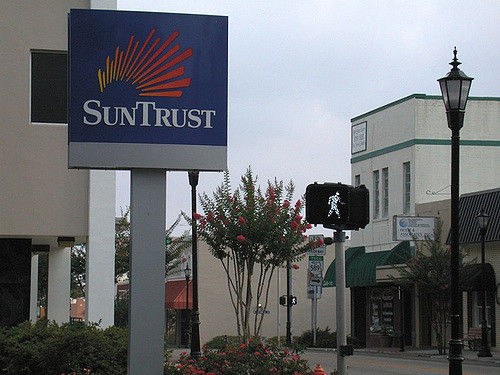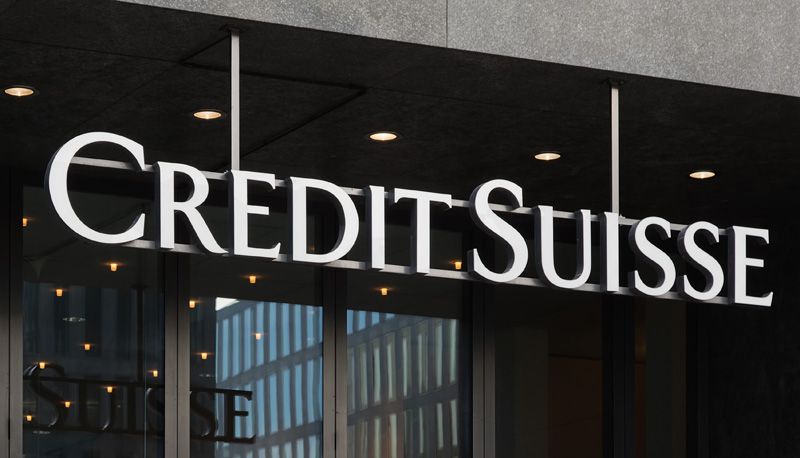
Michael James Malone, a FINRA arbitrator in Detroit, recently denied an expungement request from broker Kathie Lee Foreman. Foreman was seeking expungement of a customer complaint in connection with “unsuitable” investments allegedly leading to the, also alleged, loss of $20,000.
Foreman, formerly of Sigma Financial Corp.; had also been accused by Troy William Johnson of failing to cash him out in spite of several requests to do so. According to the arbitrator, Foreman characterized Johnson as “an unsophisticated, nervous investor,” who had the bad fortune of investing during “the worst quarter since 2011.”
The case of Johnson v. Foreman was settled in December. Barely a day after Johnson withdrew his complaint (in exchange for an undisclosed sum) Foreman decided to file a request for expungement. Johnson did not oppose the request. At this time, neither the claimant nor the respondent opted for legal representation. They made the often ill-advised decision of “appearing pro se.”

 FINRA Lawyer Blog
FINRA Lawyer Blog










